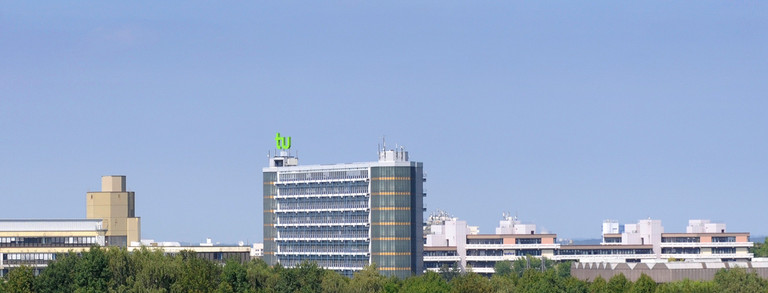RESOLV Researcher Benjamin List Receives the 2021 Nobel Prize in Chemistry
- Research
- Top News

“It’s wild,” says RESOLV spokesperson Prof. Martina Havenith. “We are extremely happy for Benjamin List and delighted that his outstanding, pioneering work in the field of asymmetric counteranion directed catalysis (ACDC) is being recognized with the Nobel Prize in Chemistry.” Prof. Manfred Bayer, President of TU Dortmund University, also congratulated the RESOLV researcher: “This Nobel Prize is a great honor for Benjamin List, for research in the Ruhr area and, in particular, for the RESOLV Cluster of Excellence. We sincerely congratulate him on this award!”
Benjamin List has been involved in RESOLV since the Cluster of Excellence it began in 2012. “I still remember how he was immediately enthusiastic about the idea of positioning solvation science as a new research area at the core of a cluster initiative,” Martina Havenith recalls. The federal and state governments have been supporting RESOLV since 2012, and TU Dortmund University and RUB have been acting as host universities since 2019. Around 200 researchers are working towards understanding the role of solvents in chemical reactions. Reactions of this kind, such as catalytic processes, usually occur in the liquid phase. The role of the surrounding fluids has long been neglected, but it is becoming more and more evident that the solvent plays an active role in controlling chemical reactions. These insights into the role of solvent molecules are being applied to new concepts for industry – for example, for the production of chemicals or active ingredients.
TU Dortmund University, RUB, the University of Duisburg-Essen, the Fraunhofer Institute UMSICHT in Oberhausen, the Max-Planck-Institut für Kohlenforschung in Mülheim an der Ruhr, and the Max-Planck-Institute für Eisenforschung in Düsseldorf all cooperate in RESOLV.
More information on the RESOLV Cluster of Excellence
Contact for further information:




![[Translate to English:] Partner Four hands are holding the green logo of TU Dortmund University](/storages/tu_website/_processed_/1/d/csm_Partner_Nicole_Rechmann_KW_670eba0154.jpg)




![[Translate to English:] Forschung An apparatus with tubes in a laboratory](/storages/tu_website/_processed_/0/c/csm_Forschung_Juergen_Huhn_4fa3153b51.jpg)
![[Translate to English:] Studium Five students are sitting in a lecture hall. They are talking to each other.](/storages/tu_website/_processed_/c/9/csm_Studium_FelixSchmale_dbdbfb0dd7.jpg)





